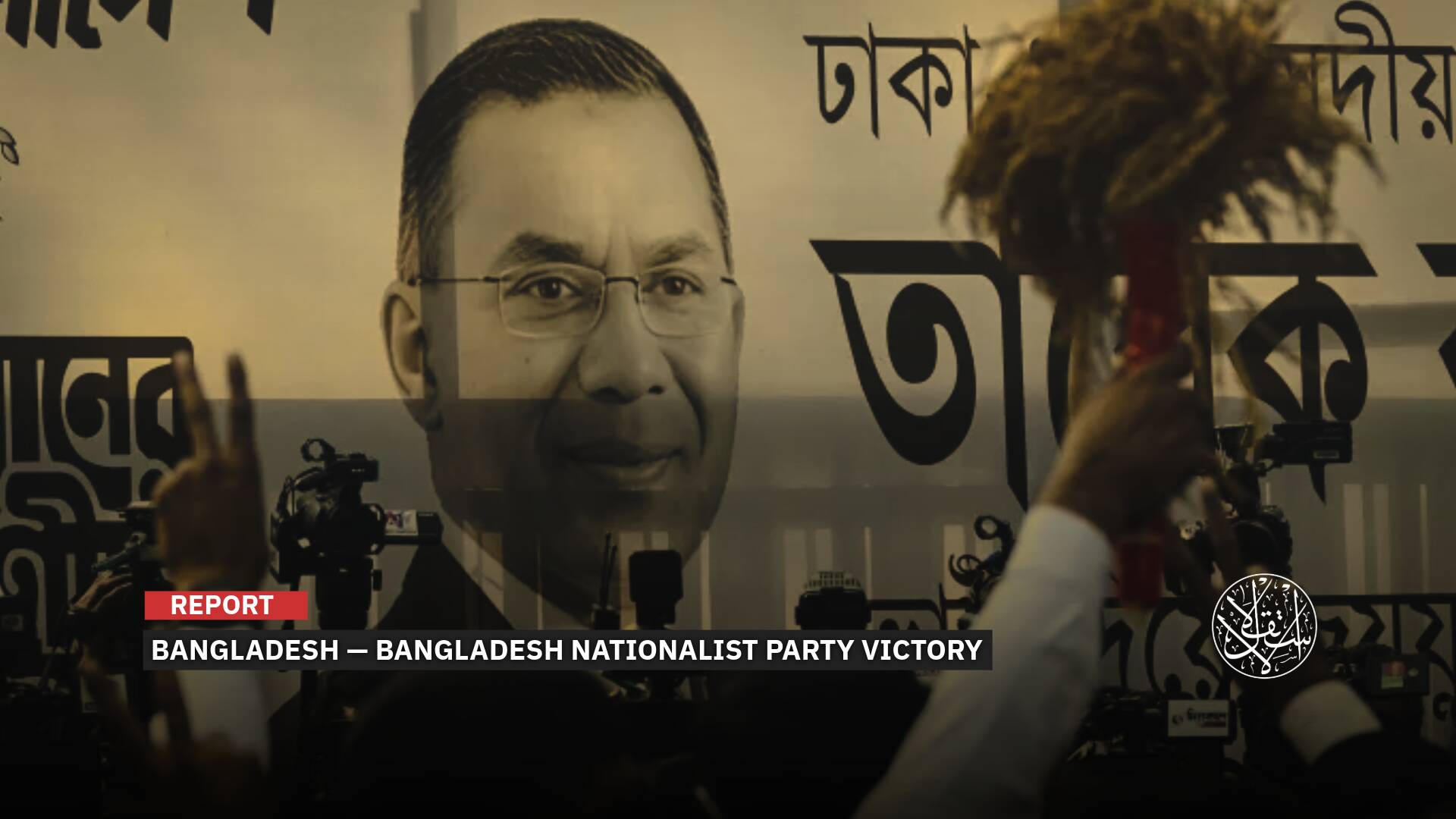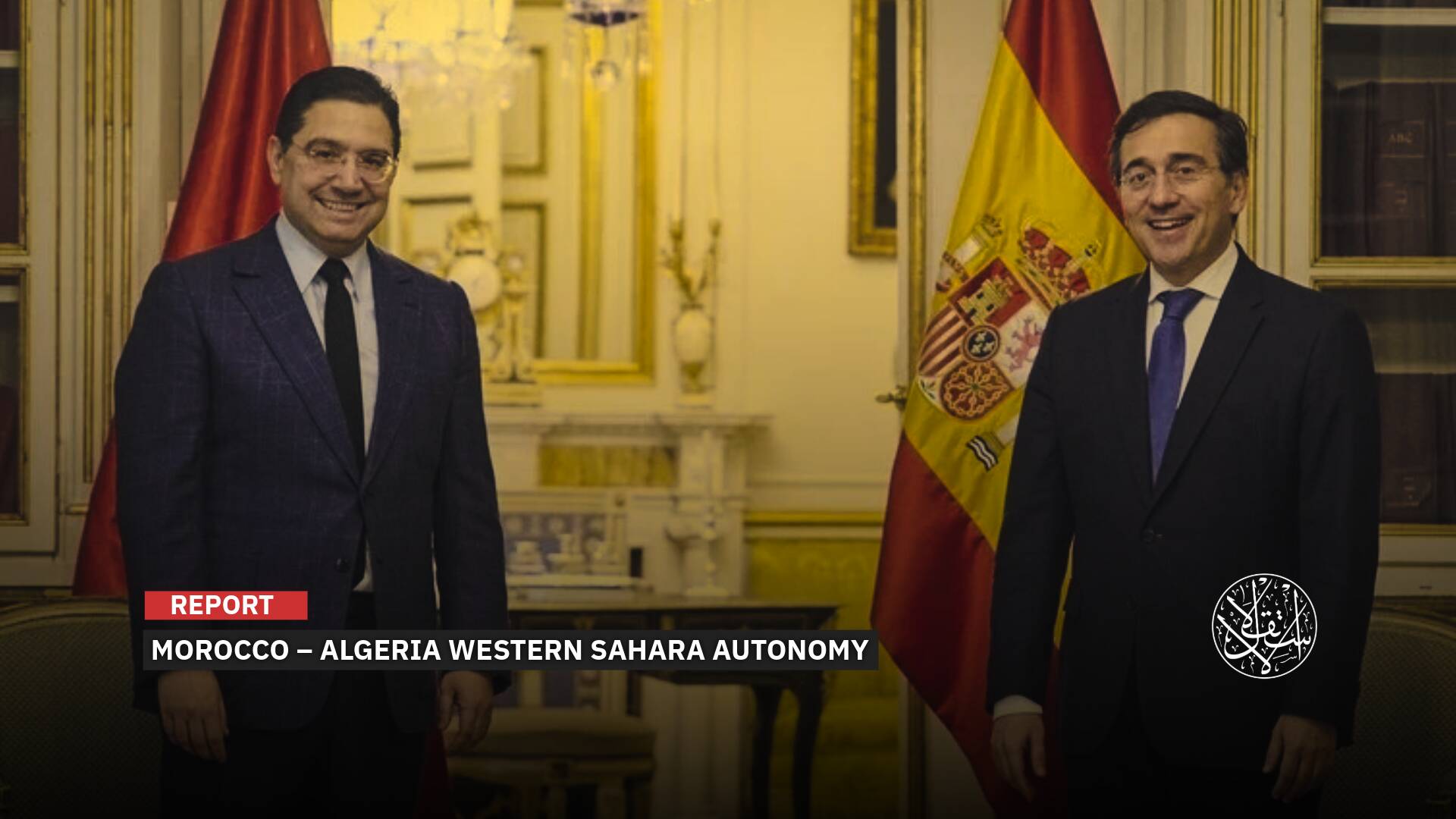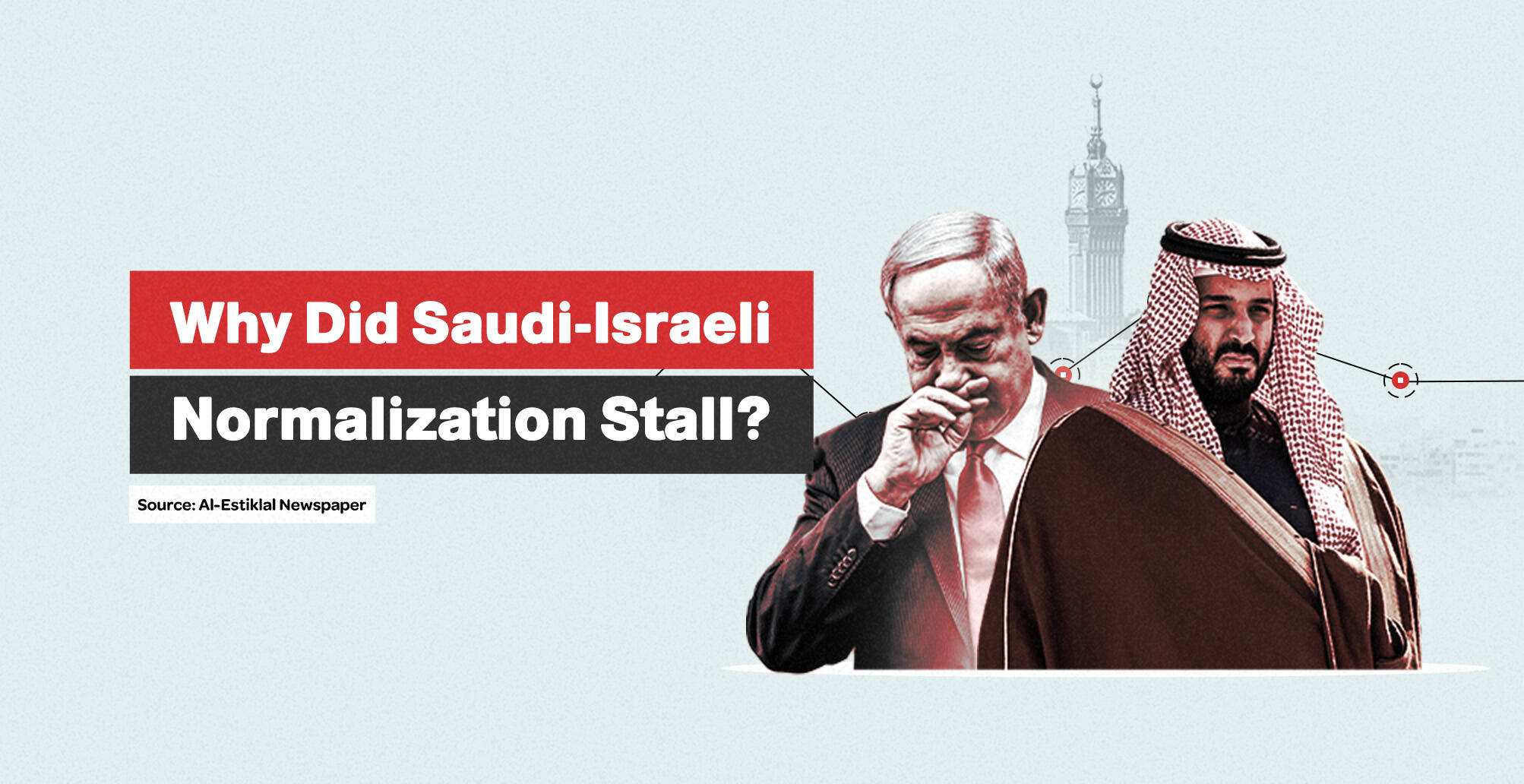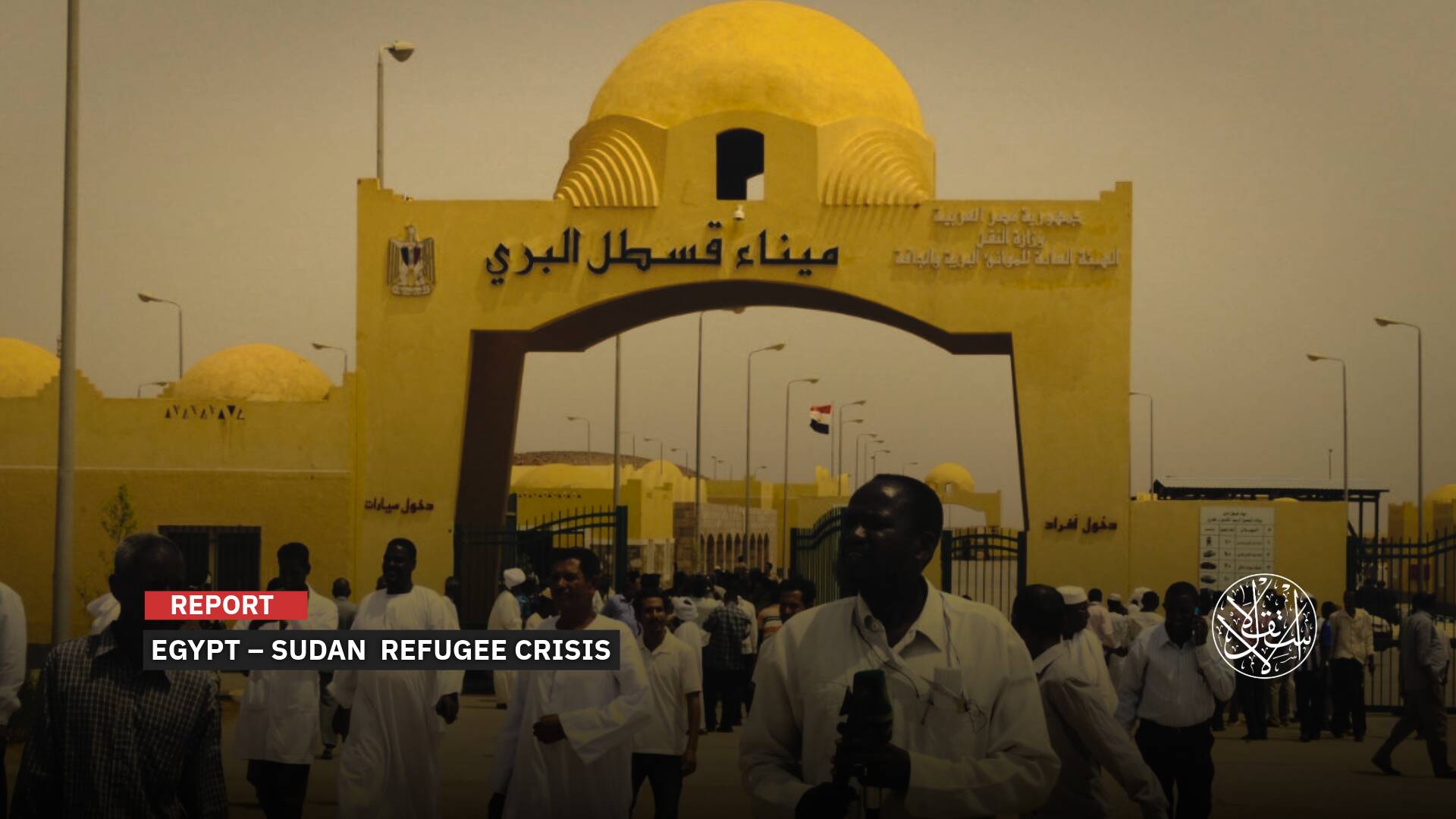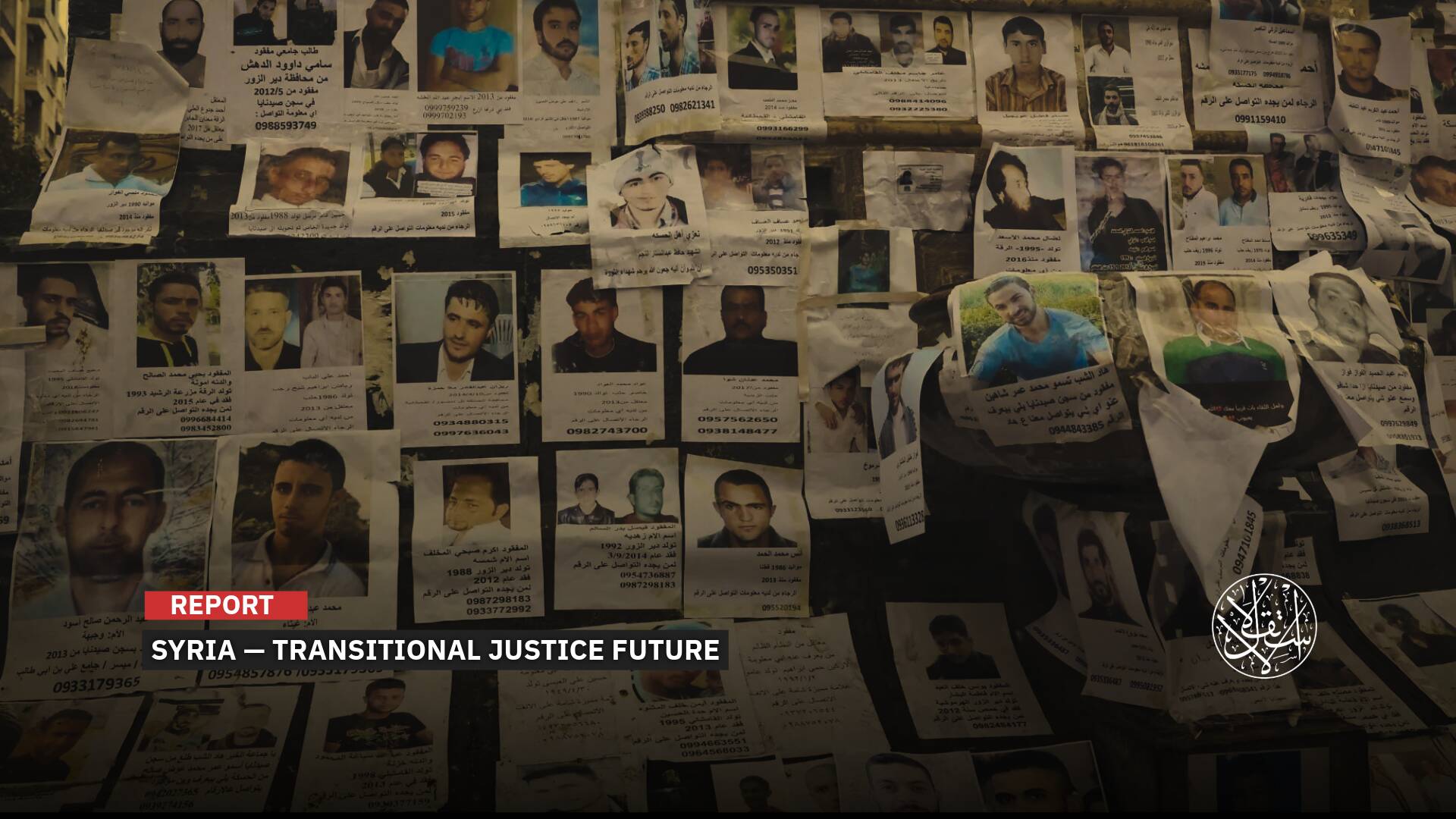At Universities of Turkiye or Georgia: Initiative to Solve Ukraine Moroccan Students Crisis

The Ukrainian Ministry of Higher Education has studied the possibility of integrating Moroccan students, who returned home due to war conditions, into the universities of Turkiye or Georgia because Ukraine has exchange contracts with these two countries.
While the Ukrainian universities decided to extend the period of tuition fees collection from foreign students, including Moroccans, the Ukrainian Ministry of Higher Education is working on writing to the relevant universities in order to license these students to continue studying in Turkiye or Georgia.
The Moroccan local newspaper Hespress confirmed that thousands of Moroccan students returning from Ukraine refuse to fill out the forms sent to them by the university administration in order to pay the tuition fees, while the ministry is studying the possibility of enrolling them in Turkish universities.
Ukraine does not have any agreement with Morocco that would allow students to continue their studies while benefiting from a scholarship. Therefore, Moroccan students returning from Ukraine must contact the universities where they were studying in order to fill out the forms, the newspaper added.
Ambiguity & Doubt
Ukrainian universities are studying the possibility of expelling a number of Moroccan students who do not interact with the forms sent to them. Hespress highlighted that it is difficult for these students to continue their studies in Ukraine in light of the ambiguity and doubt that covers the country's war circumstances.
The fate of Moroccan students forcibly-returned from Ukraine because of the war is still ambiguous. While the Ministry of Higher Education has not taken the initiative to implement any practical solution so far, the parents of the concerned students reject the ministry's proposals. The students' parents also refuse to transfer their children to other countries to complete their studies, clinging to their right to direct integration in universities and higher institutes in Morocco.
At a time when Abdellatif Miraoui, Minister of Higher Education, Scientific Research and Innovation, insisted on taking exams as a condition for the integration of students in some faculties within the limits of the universities' capacity, parents affirmed that this condition is exclusionary as it will lead, according to them, to the loss of the rights of a number of students who may fail the exam, wondering about their fate in this case.
On the other hand, Moroccan students are facing the specter of being expelled from Ukrainian universities because they did not complete the payment of fees, as they were notified after publishing lists of the names of the students of Ukrainian universities. The Embassy of Ukraine expanded the deadlines for payment, given the difficult circumstances they are going through.
Belarus Option
The file of Moroccan students forcibly returned from Ukraine has not been resolved. At a time when parents and guardians of those concerned are seeking to find a way to protect their future from being lost, news are circulating about the possibility of receiving them by Belarusian universities.
Abdel-Razzaq al-Manfaluti, president of the Moroccan Association of Friends of Russia and a member of the World Association of Alumni of Belarusian Institutes, said in a statement, "Universities in Belarus are open to them to continue studying."
On the other hand, the National Association of Mothers and Fathers of Moroccan Students in Ukraine recorded "with great regret the failure of the Minister of Higher Education, Scientific Research and Innovation to fulfill the promises it and the government spokesperson made, on several occasions, to several media outlets, more than four months ago."
The same association said, in a statement, that it was about to request a meeting with some ministries to open a dialogue on some specializations related to architects, specialized engineers, and veterinarians, stressing that "we will continue to struggle by all legitimate means until every student is guaranteed a seat to continue his/her university studies inside or outside the country."
The same body announced the intention to organize a protest followed by a sit-in at one of the headquarters of a human rights body while preserving the right to determine the escalatory forms according to the degree of interaction of the relevant authorities with the demand file of Moroccan students who forcibly left Ukraine.
The association also talked about the necessity of co-following correspondence directed to a number of parties, as well as continuing dialogue with the Ukrainian embassy to follow developments regarding distance study, how to pay tuition fees, and obtain documents from Ukrainian universities for the benefit of graduates. In particular for the current university academic year and for the benefit of everyone who wishes to withdraw the documents of their academic record.
Protection Card
In an interview with Al-Estiklal, the activist Khalida Bekkali said: "Moroccan students do not want to
complete their studies in Turkiye, Georgia or Belarus. Most of them want to settle in Europe as the best option because of the opportunities available there. Since it is not an easy choice, the second option is to complete their studies in Moroccan universities in the same fields that they were studying in Ukraine. This is what the Ministry has not yet responded to."
There are many testimonies of Moroccan students who were able to reach European cities after being evacuated from Ukraine.
Among the Moroccan students who fled the war in Ukraine, searching for an opportunity to complete their studies and integrate into German society, many were able to obtain a "protection card," while others' applications were rejected for reasons that were justified and logical.
Ensaf Enas, a fifth-year medical student, left Dnipro, Ukraine, and experienced the same difficulties as other Moroccans who fled. After arriving in Germany, she submitted a "request for protection" that was initially rejected, but civil bodies, lawyers, and parliamentarians helped her and a number of her colleagues to challenge the refusal.
The Moroccan student, according to what she confirmed in a statement to Hespress, resumed the registration procedures and communicated with the relevant interests and obtained a temporary residence permit that will last for two years before renewing it.


